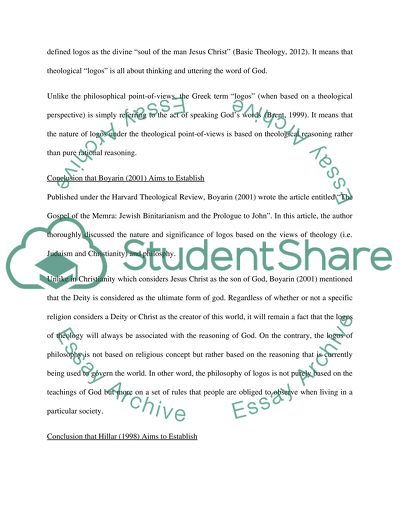Cite this document
(“Reason, Faith and Logos Essay Example | Topics and Well Written Essays - 2000 words”, n.d.)
Retrieved from https://studentshare.org/religion-and-theology/1445066-reason-faith-and-logos
Retrieved from https://studentshare.org/religion-and-theology/1445066-reason-faith-and-logos
(Reason, Faith and Logos Essay Example | Topics and Well Written Essays - 2000 Words)
https://studentshare.org/religion-and-theology/1445066-reason-faith-and-logos.
https://studentshare.org/religion-and-theology/1445066-reason-faith-and-logos.
“Reason, Faith and Logos Essay Example | Topics and Well Written Essays - 2000 Words”, n.d. https://studentshare.org/religion-and-theology/1445066-reason-faith-and-logos.


